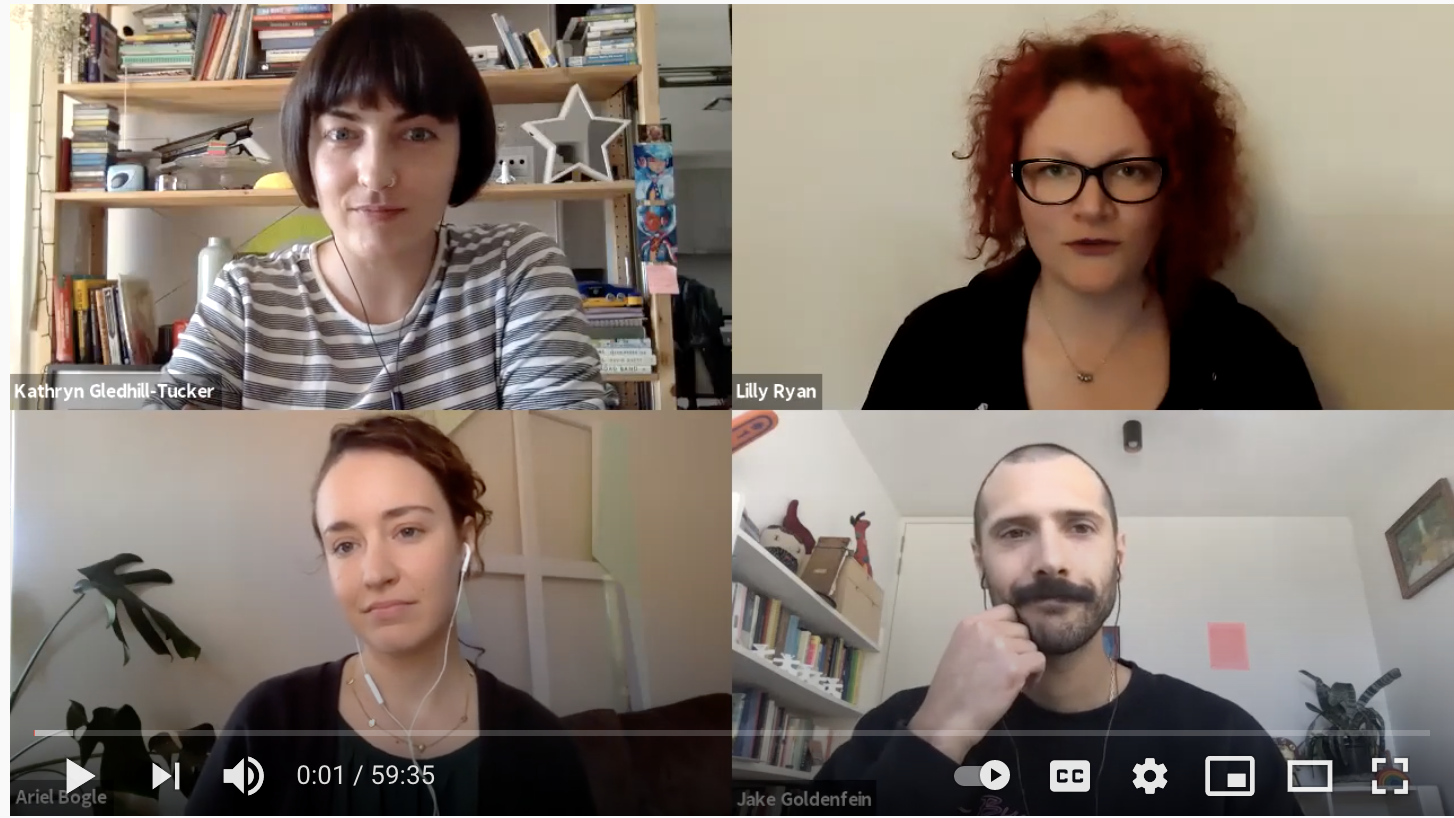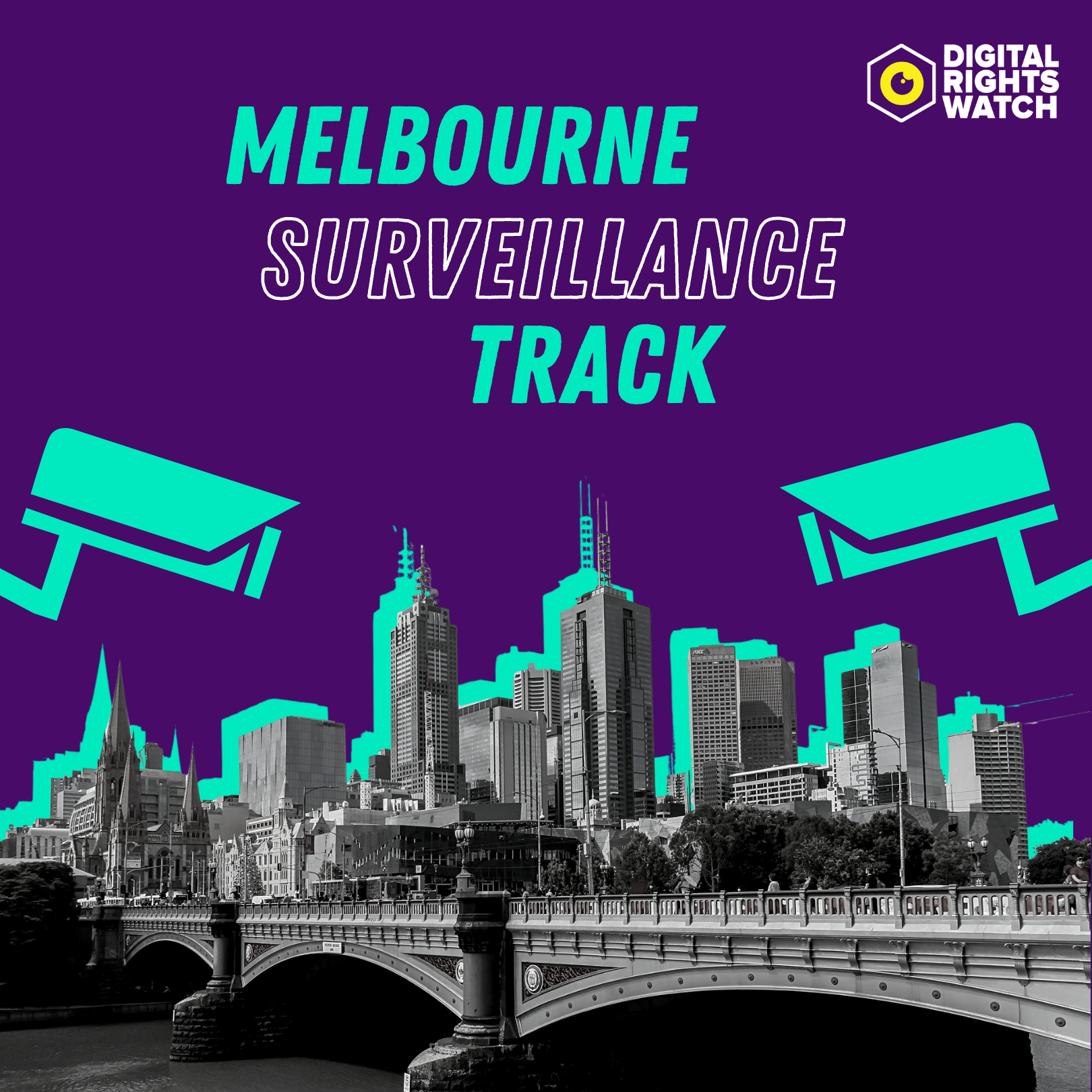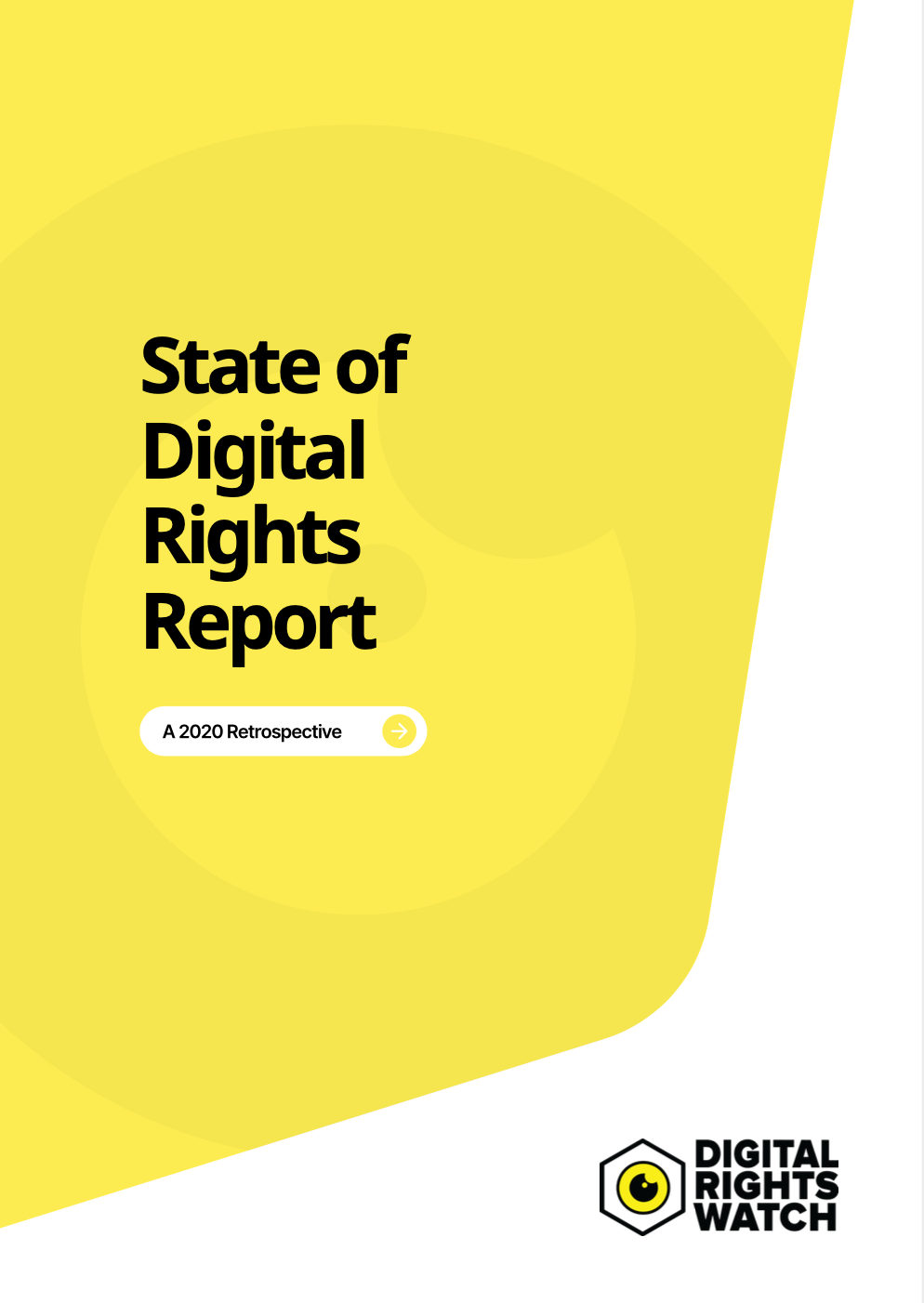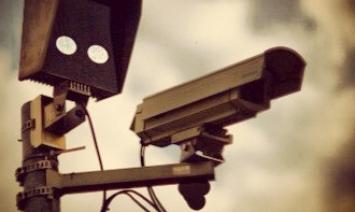Australian cities for digital rights
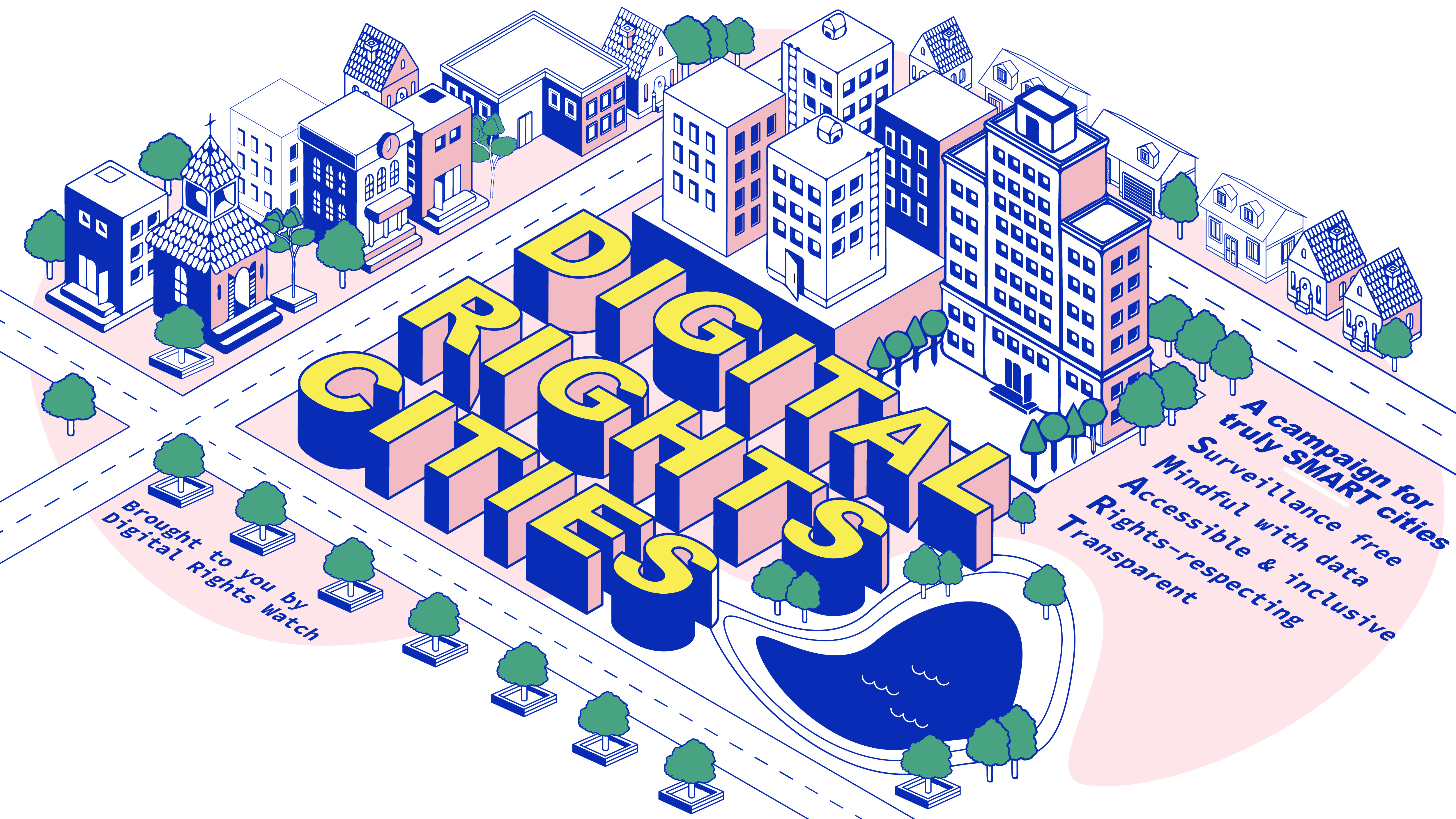
There’s nothing smart about eroding our rights.
Australians should be able to live their lives without being constantly watched, monitored and tracked. If we want our cities to be truly ‘smart,’ they need to uphold the freedoms of the people who inhabit them.
We are calling on Australian local government authorities to incorporate human rights principles into their digital platforms and initiatives. Because if a city doesn’t uphold privacy, freedom of expression and democracy―it’s just not that smart.
Smarter cities
Technology is inseparable from our everyday lives.
A ‘smart city’ uses technology such as sensors, Internet of Things devices and CCTV cameras to generate and collect data, with the promise of increased efficiency, livability, and convenience.
Sometimes this is true. A bin that automatically composts itself, or innovative ways to manage waste and improve energy efficiency to minimise environmental impact―that’s smart.
But it’s not all smart.
Mismanagement and misuse of personal information, poor data security protections resulting in regular data breaches that puts people at risk―not smart.
Rapid expansion of surveillance technology in public spaces that erodes the privacy rights of everyday people doing nothing more than living their lives―the opposite of smart.
‘Intelligence-driven’ policing that uses AI-fueled crime prediction software and racially biased facial recognition technology―downright dangerous.
Technology is developing far more rapidly than we could have predicted just a few decades ago. Increases in computer power; access to more sophisticated surveillance systems; data-matching and linked databases; and a rise in the use of AI and automated systems have seen many governments expanding their ‘public safety’ programs and turning to the concept of developing ‘smart cities’.
But it’s the wrong kind of smart.
The wrong kind of smart
We want to see technology being used to enhance and protect human rights.
Instead, too often these ‘smart’ data-centric projects focus on constant generation, collection and processing of data. But more data does not always mean more smart. Rather, it increases security risk, creates an imbalance of power between people and government, and erodes our right to privacy.
As we place sensors and CCTV cameras all over our streets, buildings and public spaces, we are building a world in which we are constantly subject to surveillance. In Australia, we are already starting to see these technologies roll out in several cities, such as Perth, Brisbane and Darwin.
There is no empirical evidence that supports the assertion that city-wide surveillance is effective at preventing serious crime and terrorism either domestically or internationally. In fact, if anything, these approaches almost always erode rights and diminish freedoms.
At Digital Rights Watch, we’re not against technology. We think technology can and should be used to make our lives better and protect the environment. But a truly smart city must also protect and enhance human rights and freedoms.
Cities for Digital Rights Initiative
Local governments have a huge opportunity to lead the way in creating truly smart cities. Cities for digital rights!
In 2018, the Cities for Digital Rights initiative was launched by Barcelona, Amsterdam and New York City with the support of the United Nations Human Settlements Program, with an aim to protect, promote and monitor residents’ and visitors’ digital rights.
Many more local government authorities around the world have since adopted this declaration, including the City of Sydney, with others such as the City of San Francisco recently moving to ban all use of facial recognition software.
Let’s create truly smart Australian cities that stand up for our digital rights!
Take action today
- Take action and write to your council
- Support us by donating
- Like and share via

